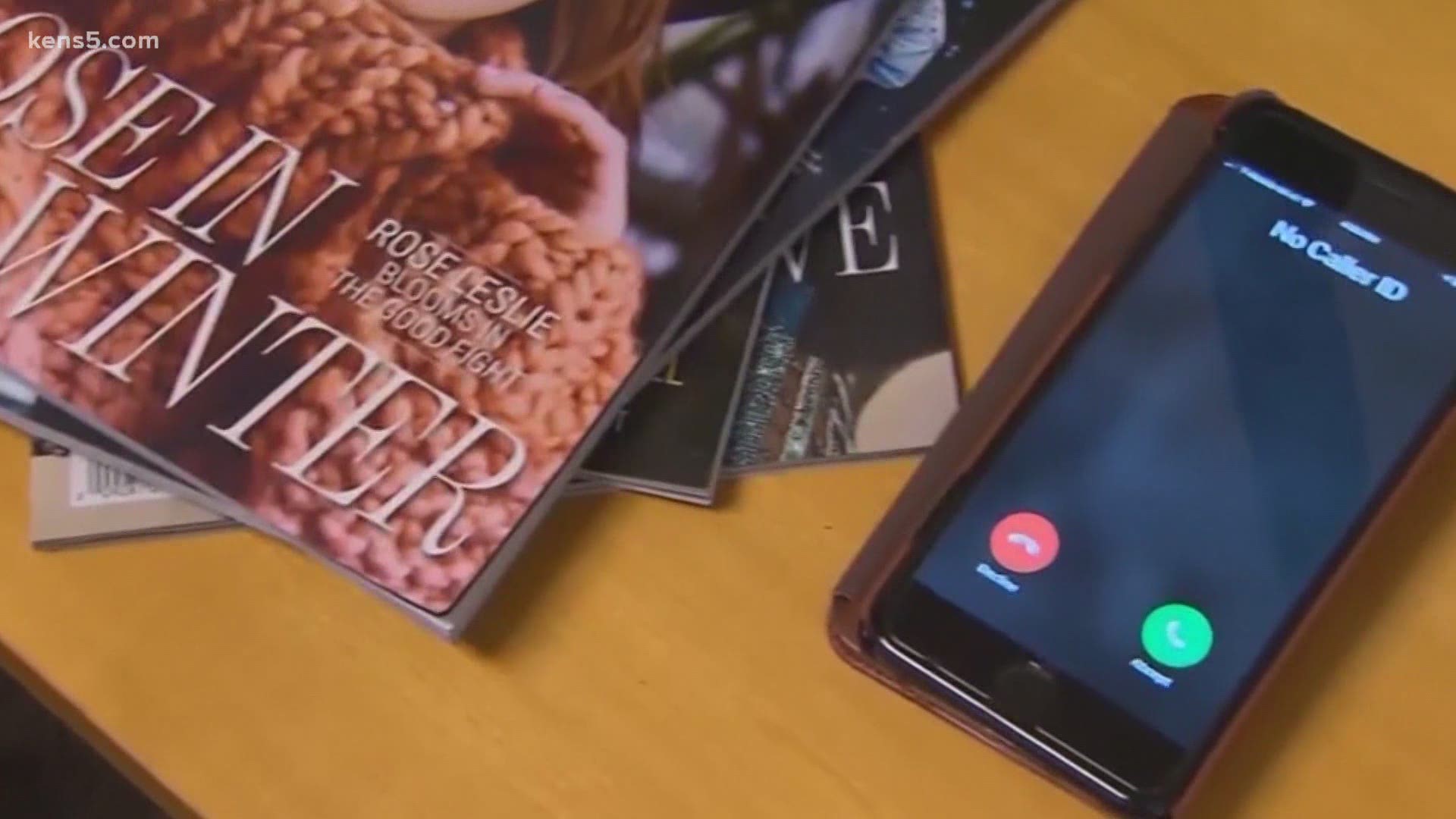SAN ANTONIO — A month after levying a record $225 million fine against two Texas companies, the Federal Communications Commission sent cease-and-desist letters Tuesday to two more companies accused of illegally spamming people with phone calls.
The FCC also requested reports from service providers detailing how they're protecting their customers. Commission members say they want to know if phone companies are providing free call-blocking services for free, as well as how the companies measure their call-blocking services' effectiveness.
"The FCC wants more information to help mitigate robocalls," said Better Business Bureau Regional Director Jason Meza. "That way, they can form a plan and go to the public to say, 'This is what we're doing, this is the enforcement, this is what's happening next.'"
The FCC wrote cease-and-desist letters to six other companies last month, taking legal action critics say the commission once avoided.
Experts contend the FCC, under a new chairperson, is shifting its focus toward patrolling spammers and scammers.
"We're happy to finally see some enforcement going on," Meza said. "That's moving the needle in the right direction."
According to call-blocking service YouMail, robots dial San Antonio numbers nearly 17 times each second. The average San Antonio resident received 32 robocalls in March.
Meza says caller ID can be deceiving, so it's safest to let numbers you're not familiar with go to voicemail. If you pick up, he says to hang up and report the number to the Federal Trade Commission here.

